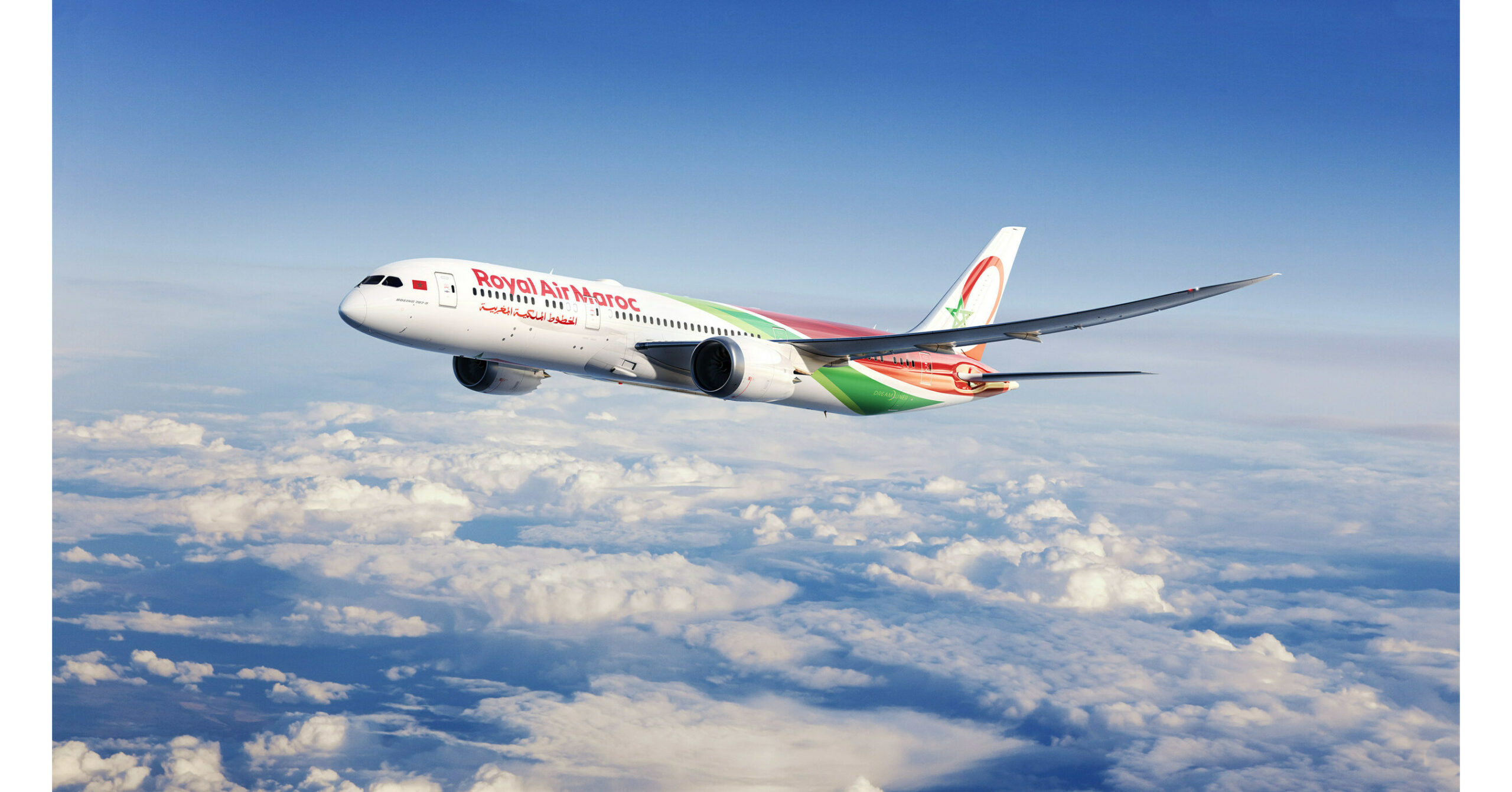
Boeing and Royal Air Maroc announced today the North African carrier placed a repeat order for the 787 Dreamliner, confirming two 787-9s in its order book as the airline grows its widebody fleet.
For decades, Royal Air Maroc has dominated African skies, positioning Casablanca as a central hub linking the continent to Europe and the Americas.
With a modern fleet and an extensive network connecting dozens of African capitals, the Moroccan carrier has long enjoyed a privileged position as the Maghreb’s leading airline, shaping passenger, business, and cargo flows across the region.
But change may be on the horizon. Algeria has unveiled an ambitious expansion strategy for its national airline, Air Algérie, in a bid to challenge Morocco’s dominance and reposition Algiers as a continental hub.
On Monday, Air Algérie’s chief executive, Hamza Benhamouda, announced plans to double the company’s African destinations by 2028. The airline, which currently operates around ten routes across the continent, intends to expand that number to more than twenty within three years. A regular service to Chad is among the priorities, chosen for its strategic position at the heart of Africa.
The announcement was made during the 4th edition of the Intra-African Trade Fair (IATF 2025), according to Algeria’s state news agency APS.
This expansion reflects Algeria’s determination to end Casablanca’s near-monopoly as the primary air bridge between Africa and the wider world.
By diversifying routes and strengthening its African presence, Algiers hopes to carve out a significant share of the region’s growing passenger market.
Analysts say the move sets the stage for an unprecedented commercial showdown between two Maghreb rivals. For travelers, the competition could translate into more choice, faster connections, and potentially more competitive fares.
For the airlines, however, the contest will be demanding: Air Algérie faces the challenge of modernising its operations and improving efficiency, while Royal Air Maroc will need to defend its established lead.
If both carriers deliver on their ambitions, the rivalry could reshape the African aviation landscape. The skies above the continent may soon become a theatre of innovation and opportunity, with millions of passengers standing to benefit from the intensifying competition.



